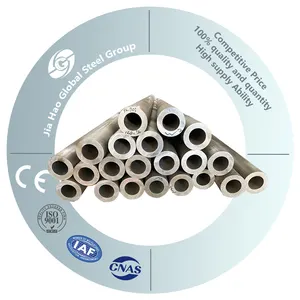Exploring the Versatility of Alloy Mountain Bike Frames
The alloy mountain bike frame stands as a testament to the evolution of cycling technology, offering a blend of durability and performance. Crafted from a mix of metals, these frames provide the backbone for a variety of mountain biking experiences, from the adrenaline-fueled descents to the endurance-testing climbs.
Materials and Construction
At the heart of an alloy frame mtb is its material composition. Typically forged from aluminum, these frames may also incorporate elements like titanium and steel to enhance their properties. Aluminum ensures a lightweight yet robust structure, while the inclusion of titanium can offer increased shock absorption without compromising the frame's integrity. Steel's contribution is its tensile strength, although it is less commonly used due to its susceptibility to corrosion.
The construction process is pivotal, with techniques such as butting—varying the frame's thickness in high-stress areas—and precision welding playing crucial roles in the frame's resilience and ride quality. The result is a frame like the nukeproof scout 275 frame, designed to withstand the rigors of mountain biking while providing a responsive ride.
Geometry and Design
The geometry of an alloy mountain bike frame significantly influences its handling and stability. Choices range from relaxed angles, offering comfort over long distances, to aggressive stances for better control during technical maneuvers. Frames such as the specialized stumpjumper evo alloy frameset are meticulously designed to balance these aspects, catering to both novice riders and seasoned enthusiasts.
Types and Customization
Diversity in design allows for specialized frames to suit various mountain biking disciplines. The himalo full suspension frame exemplifies this, providing ample shock absorption for rough terrain. In contrast, a light alloy mtb frame might be favored for cross-country riding where weight savings are paramount. Additionally, the market offers sizes ranging from the nimble mtb frame 26er alloy to the more expansive frame mtb 29er alloy, ensuring a fit for every rider.
Advantages of Alloy Frames
Choosing an alloy full suspension frame brings several benefits. The material's natural resistance to corrosion paired with its strength-to-weight ratio makes it a reliable choice for riders. Moreover, the versatility in frame sizing, such as the mtb alloy frame 27.5, allows for a more tailored riding experience, ensuring that cyclists can find a frame that matches their riding style and body dimensions.
Considerations for Selection
When selecting an alloy mountain bike frame, it's essential to consider factors beyond the material. The frame's strength, geometry, and the quality of construction are paramount. Riders should assess their needs, whether it's the agility of a stumpjumper alloy frame or the endurance of a nukeproof reactor 290 alloy frame, to find the perfect match for their mountain biking adventures.











































 浙公网安备 33010002000092号
浙公网安备 33010002000092号 浙B2-20120091-4
浙B2-20120091-4